
Lo and Behold: Reveries of a Connected World
What does it mean to live in a world whose technological capabilities are nearly outstripping our comprehension? The new documentary Lo and Behold seeks to find out.

What does it mean to live in a world whose technological capabilities are nearly outstripping our comprehension? The new documentary Lo and Behold seeks to find out.
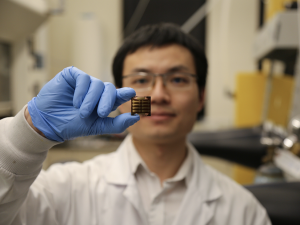
Researchers at the University of Toronto have designed a technology that could make solar cells more effective and cheaper to produce.

A new Yale study shows that a changing, modernized diet in the small island state of Samoa is creating significant heath problems for local Samoans.

Discovery of a slug-like organism called Calvipilosa, literally meaning “hairy scalp”, leads to new knowledge of what the earliest common ancestor of mollusks would have looked like.

Is road salt as safe as it seems? Researchers found that the salt is changing sex ratios in frogs, causing permanent alterations in the populations.

The HAYSTAC dark matter detection device probes the universe for radio waves that would confirm the existence of axions, a particle that could account for 80% of the mass in our universe.
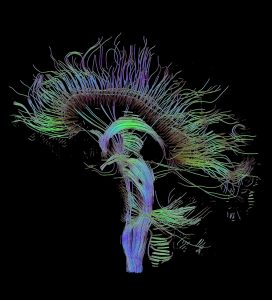
In a whole-brain connectivity study, Yale researchers have developed a novel predictive model capable of predicting an individual’s behavior based on how their brain is wired.
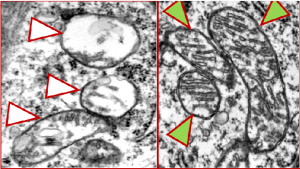
At the Yale Ear Lab, Dr. Alla Ivanova has not only discovered a link between damaged mitochondria and hearing loss, but also found a way to treat those mitochondria using antioxidants and prevent hearing loss.

A new Yale study has found a drug that helps rats block memories associated with cocaine.
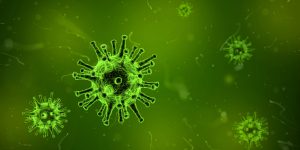
Yale Professor Paul Turner’s lab investigated the effect of rates of environmental change on virus mutation. The study results contribute to knowledge that will ultimately help scientists predict virus evolution and disease emergence, potentially preventing outbreaks and saving lives.
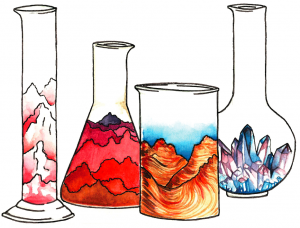
Scientists may finally be able to model magnetic fields more efficiently in the lab, thanks to the development of eGaIn, a magnetic liquid metal with unprecedentedly high magnetic and conductive properties.
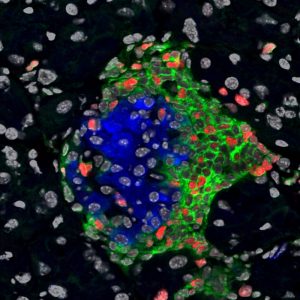
Diabetes is caused by the immune system’s attack on its own beta cells. Yale researchers have uncovered a population of beta cells resistant to these immune attacks, providing hope for those with Type I diabetes.